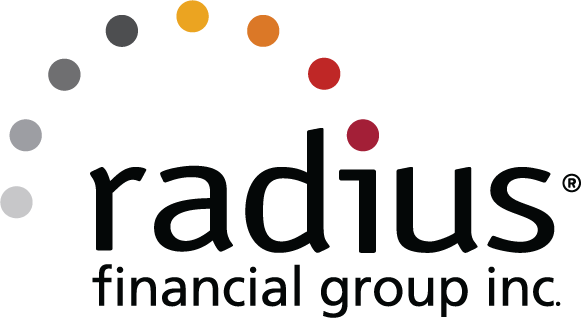Before you begin searching for a home, you should take a step back and consider whether now is the best time for you to become a homeowner. If you’re not planning on sticking around for very long or if your financial situation is not ideal, it might be better to hold off, save up, pay off some debt, and work to improve your credit score. Lenders will focus on your debt-to-income ratio and your credit score when determining whether to approve your mortgage loan, so you should make sure you’re strong in both of these areas.
Know Your Credit Score
Lenders consider your credit score because it is a way of determining how big of a risk you are as a borrower. If you’re hoping to get approved for a conventional mortgage loan, aim to have a credit score of 620 or higher. You can still get approved for a mortgage loan with a lower score, but you may pay a higher interest rate. You could also consider a government-backed loan, such as a VA, USDA, or FHA loan, which are better suited to borrowers with lower credit scores.
It’s worth improving your credit score if you can, because the higher your score, the more likely you will secure the lowest possible interest rate, which can save you a significant amount of money over the life of your loan.
If you’re not sure what your credit score is, there are a few different ways to check without lowering your score with a hard credit check. Many banks allow customers to view an estimate of their score through their online platforms, and each of the three major credit agencies offer a free annual credit report:
The reports mentioned above are typically not “hard“ credit checks—those that may impact your credit score.
When requesting a credit report from one of these agencies, be prepared with the following information:
- Name
- Date of birth
- Social Security number
- Current and previous addresses
- Telephone number
If you discover that your credit score is less than ideal, there are a few ways to increase your score, such as:
- Using your credit card less (aim for 30 percent utilization or less) or increase your credit limit.
- Setting up automatic payments to avoid late payments.
- Not making any major purchases, such as a new car.
- Avoiding opening new lines of credit that require hard credit checks.
Calculate Your Debt-to-Income Ratio
In addition to knowing your credit score, you should also calculate your debt-to-income ratio (DTI). To figure out your DTI, add up your monthly debts. This includes things like your credit card minimum payments, student loan payment, car payment, and your future monthly mortgage. Then take that number and divide it by your pre-tax monthly income.
For example, if you make $4,000 a month and your monthly debts add up to $1,500, then your DTI would be about 38 percent. You should aim for a DTI of 36 percent or less in order to get approved for a conventional mortgage loan. Government-backed loans tend to be a bit more flexible, with FHA loans requiring a DTI of 43 percent or less and VA loans requiring 41 percent or less.
You can certainly get approved for a mortgage loan while carrying debt, but you may want to take some time to pay off a portion of your current debts before adding a mortgage to your plate if you have a high debt-to-income ratio.
Save Up for Down Payment and Closing Costs
Perhaps one of the biggest hurdles to buying a home is saving up enough money to cover a down payment and closing costs. Many people say that you need to put down 20 percent of the home’s purchase price, but first-time homebuyers can actually put as little as three percent down with the purchase of private mortgage insurance. The average home value across Pennsylvania is $217,984, so a typical down payment on a home in the state would range between $6,539-$43,596.
You ideally want to have enough savings left over after the down payment to cover closing costs, as well as any unexpected maintenance expenses or personal emergencies that might arise.
Closing costs typically add up to 2-5 percent of the loan amount, which would range between $4,359-$10,899 for a typical home in Pennsylvania. Closing costs include things like:
- Application fee: Cost to process your application, including a credit check. Varies by lender.
- Appraisal fee: Cost of assessing the home’s value to make sure it’s in line with the purchase price.
- Title fees: Cost to make sure the seller is actually the owner of the property, plus title insurance in case there is an issue.
- Loan origination fee: Cost of evaluating and preparing your mortgage loan (typically 0.5 percent of the loan amount).
- Homeowners insurance: Typically required by lenders, but also essential to protect your investment.
- Home inspection costs: Charge for a full inspection to make sure the home is structurally sound.
- Property taxes: Typically must pay two months’ worth of property taxes at closing. The average rate in Pennsylvania is 1.5 percent, so annual taxes on a typical home in the state would add up to approximately $3,269.
To better understand how large of a monthly payment you can afford, plug your details into a mortgage calculator.
If you’re looking to better understand your general financial situation, start by making a budget.
Take a First-Time Homebuyer Education Class
Once you’ve determined that you’re in a good position to purchase a home, you might want (or need) to sign up for a homebuyers education class. Completion of an approved course is required for most down payment and loan assistance programs, but they’re also helpful for general first-time homebuyers because they offer a crash course on the process.
Here are a few of our favorite first-time homebuyer education classes offered in Pennsylvania:
- Pennsylvania Housing Finance Agency's (PHFA) Online Homebuyer Education Course: A free online course that covers all major aspects of the home-buying process. Completion of the course is required for PHFA first-time homebuyer program eligibility.
Philadelphia
- Affordable Housing Centers of PA Homebuyer Workshop: Online interactive workshops held over Zoom that educate prospective first-time homebuyers on the process and help them decide if homeownership is right for them.
- Greater Philadelphia Asian Social Service Center First-Time Homebuyer Workshops: Pre-purchase education class that covers the home-buying process, with the option of one-on-one housing counseling after course completion.
- Mt. Airy First-Time Homebuyer Workshops: Education classes held over Zoom that cover the home-buying process in Philadelphia, with optional housing counseling after course completion.
Pittsburgh
- NeighborWorks Western PA Homebuyer Education Course: Covers the basics of the home-buying process and fulfills requirements of certain assistance programs.
- Pittsburgh Housing Development Association First-Time Homebuyer Education Workshop: Two-hour course that covers the basics and fulfills requirements for many assistance programs.
Allentown
Erie
Reading
- Neighborhood Housing Services of Greater Berks Homebuyer Education: Eight-hour course that covers the home-buying process and optional guidance for down payment assistance applications.
Get Pre-Approved for a Mortgage Loan
Before you begin searching for a home, you should meet with a lender and get pre-approved for a mortgage loan. This step is critical because it can help you figure out how much home you can afford and increase your chances of having an offer accepted by a seller.
It’s important to note that prequalification and pre-approval are not the same thing. During prequalification, a lender will take a cursory look at your financial situation and give you a ballpark idea of how much they might be able to lend you. Pre-approval is more solidified and requires a hard credit check and review of your financial information by an underwriter.
If you’re getting pre-approved, be prepared with the following:
- W2s or 1099 forms from the past two years
- Two most recent bank statements
- Pay stubs you’ve received recently
- Monetary gift letters, if applicable
You should provide your lender with documents proving any taxable income. Unfortunately, any income that is not taxed will not help you get approved for a mortgage loan.
Getting pre-approved for a mortgage loan gives you a competitive edge during the home search, especially in real estate markets with a low supply of homes. It assures sellers that you are a serious buyer and have the funds ready to purchase their home. When you put an offer on a home, your lender will include a pre-approval letter to verify your ability to afford the property.
Be aware that a pre-approval does have an expiration date. It lasts for 60-90 days, so you only want to go through the pre-approval process when you’re truly ready to search for a home to purchase. Once you have been pre-approved, you’ll want to avoid any activities that could dramatically change your financial standing, such as making major purchases, opening new lines of credit, or quitting your job.

%20Pillar%20Page/Pennsylvania%20First%20Time%20Home%20Buyers%20Guide-Cover.png?width=494&name=Pennsylvania%20First%20Time%20Home%20Buyers%20Guide-Cover.png)


